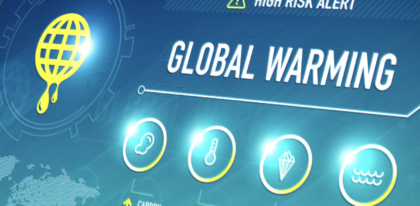 David Shilton, Environmental Action Team Convenor
David Shilton, Environmental Action Team Convenor
The EPA Announces Phase Out of HFCs
The Environmental Protection Agency (EPA) recently announced proposed rules to phase out hydrofluorocarbons (HFCs) over the next 15 years. HFCs are powerful greenhouse gases that are used in most refrigerators and air conditioners, and they tend to leak out into the atmosphere over time. Ninety-three nations met in 2016 and agreed to phase them out. There are substitute refrigerants that work well with various AC and refrigerant applications, but with far less heat-trapping impacts. But the agreement was never ratified by the Senate or implemented in US law.
Phasing out HFCs was the subject of a UUSJ Write Here! Write Now! Campaign in May 2020 that resulted in 200 letters from UUs in 11 states to House members and senators requesting that they pass the phase-out bill. However, the threat of a filibuster and opposition by Senate leadership kept the bill from coming to a vote. But enough Senators were persuaded that the bill was inserted into a must-pass spending bill to keep the Government from a shutdown, and the opposition could not muster the votes to take it out, so it passed.
This is the way much important legislation gets passed these days.
Normally, it would take a majority of senators voting to pass a bill through the Senate. But Senate rules allow any senator to threaten a filibuster, and if that happens, it takes 60 votes to end the filibuster and allow the Senate to vote on the bill. In our partisan, deeply divided Senate, it is very easy to find a senator willing to threaten a filibuster, and very hard to find 60 votes for anything. For this reason, many good bills pass the House but languish in the Senate. One way to break the logjam is to insert the bill into another bill that absolutely has to pass and hence is likely to draw the 60 votes necessary to end any filibuster. And it only takes 50 votes to insert the bill into the must-pass bill. Last December, this strategy was used for eight very good bills that UUSJ had advocated. Next month: more good news about another of the eight bills.
The phase-out will happen over 15 years, to give time for all companies to transition to the new gases. However, the proposed EPA rules require the worst HFC gas to be gone by the end of 2022. Most HFCs are a few hundred to a few thousand times worse than carbon dioxide at trapping heat on Earth, but HFC-23 is 12,400 times worse! The company that makes it said they could stop making it, but has never said when. Now they will have a deadline. The details are in the article below:

